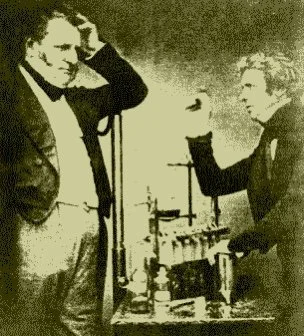Batteries
I just finished a couple of weeks off from work. I didn’t go anywhere special or hurl myself into any alternate distractions. I simply pushed away from my desk for a while, and allowed myself some unstructured time.
To say I didn’t think about work during this time would be a lie. I thought about it quite a bit. The difference was, after a bit of unstructured time, I found my mind comfortably settling on only the most import questions - the main existential issues - and having fun boiling those down to their fundamentals. While I didn’t single-handedly come up with any ground breaking new insights, I certainly returned to work with the important questions in clearer focus.
It struck me that taking time off is not always about preventing burn out, or recuperation or even work-life balance. Some people never seem to feel tired, or anxious or under pressure to get away. Having said that, I think there is a lot of advantages to having your batteries fully charged. And time off does that. Somehow, fully charged batteries made it much easier to non-judgementally allow myself to push past the moral tangle of urgent noisy things, and calmly joust with a bigger and more core question. I like it when this happens … choosing how and what to concentrate on is a joy.
My iPhone works great at 60% battery, but I feel more confident and able to handle things while running around when it’s 100%. Somehow, a fully charged mental battery, has a similar effect: it’s easier to minimize the distraction imposed by less critical items and maintain the mental confidence and capacity punch through to what really matters.
There was no electricity for experiments before Allesandro Volta invented the world’s first battery in 1800. This consisted of alternating zinc and copper discs, with brine-soaked cloth or cardboard between them. It produced continuous stable current, although this was not strong enough to be really useful…



